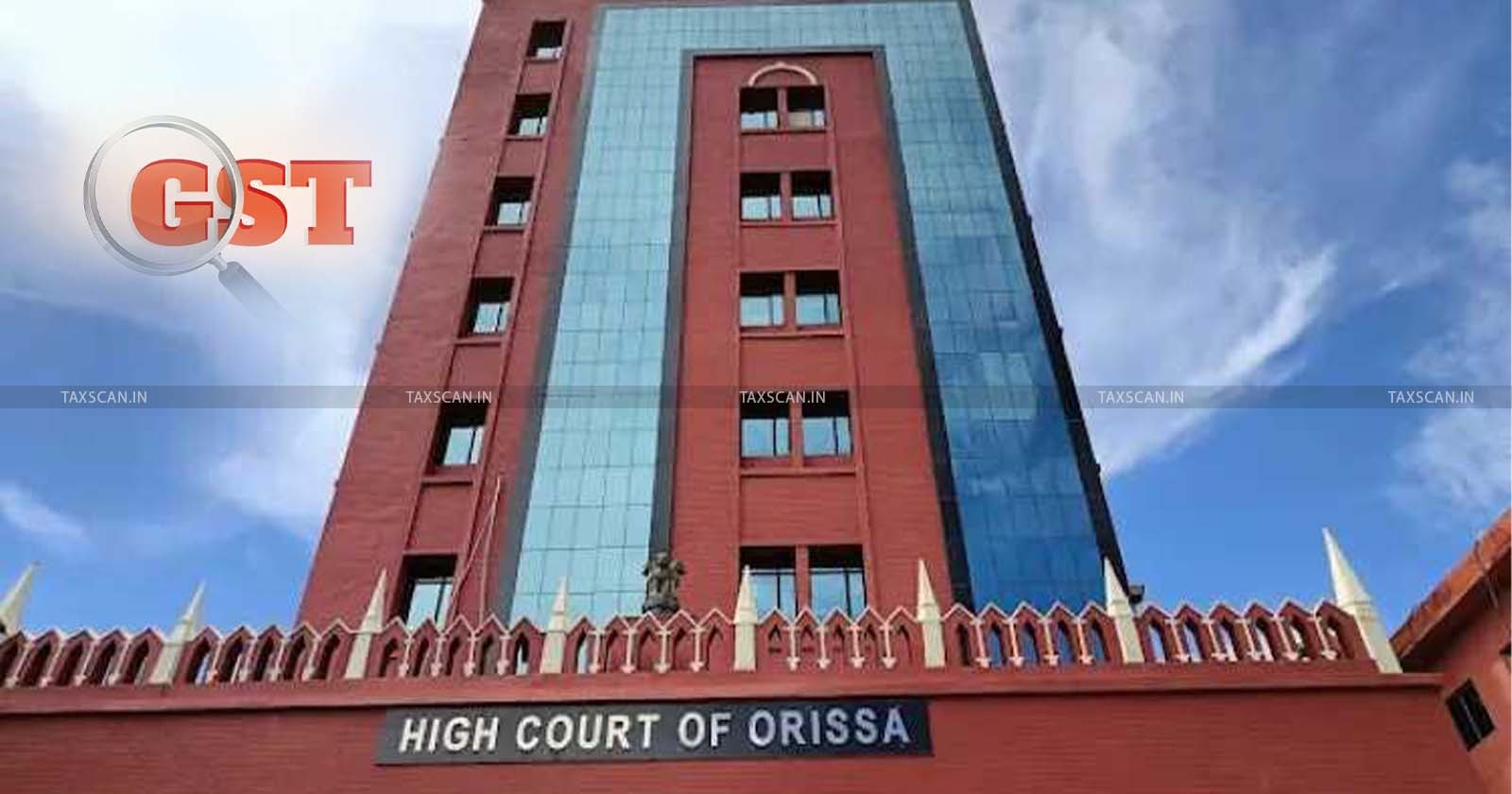Writ Jurisdiction Not Maintainable when Alternative Remedy Contemplated under SARFAESI Act: Madras HC [Read Order]
The High Court was not justified in exercising its writ jurisdiction under Article 226 of the Constitution more particularly when the borrowers had already availed the alternative remedy available to them under Section 17 of the SARFAESI Act
![Writ Jurisdiction Not Maintainable when Alternative Remedy Contemplated under SARFAESI Act: Madras HC [Read Order] Writ Jurisdiction Not Maintainable when Alternative Remedy Contemplated under SARFAESI Act: Madras HC [Read Order]](https://images.taxscan.in/h-upload/2025/07/06/2059785-writ-jurisdiction-writ-jurisdiction-not-maintainable-alternative-remedy-contemplated-under-sarfaesi-act-taxscan.webp)
The Madras High Court has held that writ jurisdiction is not maintainable when an alternative remedy is contemplated under the Securitization and Reconstruction of Financial Assets and Enforcement of Security Interest (SARFAESI) Act, 2002.
S.Visalatchi, the petitioner, challenged the e-auction sale notice issued under the provisions of SARFAESI Act read with Rule 9(1) of the Security Interest (Enforcement) Rules, 2002. The impugned proceedings are susceptible to an appeal under the SARFAESI Act before the Debts Recovery Tribunal and therefore, a writ petition under Article 226 of the Constitution of India is not maintainable.
 Also Read:GST Attachment Order Withdrawn After Appeal Admitted: Orissa HC Dismisses Writ as Infructuous [Read Order]
Also Read:GST Attachment Order Withdrawn After Appeal Admitted: Orissa HC Dismisses Writ as Infructuous [Read Order]
The Supreme Court of India in the case of Celir LLP Vs. Bafna Motors (Mumbai) Private Limited and others reported in (2024) 2 SCC 1 held that the High Court was not justified in exercising the writ jurisdiction under Article 226 of Constitution of India, since efficacious alternative remedy is contemplated under the provisions of SARFAESI Act. Paragraph Nos.97, 98, 110 and 110.1 would be relevant in this context and have been extracted herein.
Comprehensive Guide of Law and Procedure for Filing of Income Tax Appeals, Click Here
The Court has time and again, reminded the High Courts that they should not entertain petition under Article 226 of the Constitution if an effective remedy is available to the aggrieved person under the provisions of the SARFAESI Act.
The court viewed that while dealing with the petitions involving challenge to the action taken for recovery of the public dues, etc. the High Court must keep in mind that the legislations enacted by Parliament and State Legislatures for recovery of such dues are a code unto themselves inasmuch as they not only contain comprehensive procedure for recovery of the dues but also envisage constitution of quasijudicial bodies for redressal of the grievance of any aggrieved person. Therefore, in all such cases, the High Court must insist that before availing remedy under Article 226 of the Constitution, a person must exhaust the remedies available under the relevant statute.
In Titaghur Paper Mills case has held that the High Court will not entertain a petition under Article 226 of the Constitution if an effective alternative remedy is available to the aggrieved person or the statute under which the action complained of has been taken itself contains a mechanism for redressal of grievance still holds the field. Therefore, when a statutory forum is created by law for redressal of grievances, a writ petition should not be entertained ignoring the statutory dispensation.
The High Court was not justified in exercising its writ jurisdiction under Article 226 of the Constitution more particularly when the borrowers had already availed the alternative remedy available to them under Section 17 of the SARFAESI Act.
A division bench of Justice S.M.Subramaniam and Dr.Justice A.D.Maria Clete while granting liberty to the petitioner to approach the Debts Recovery Tribunal, the Writ Petition stands dismissed.
Support our journalism by subscribing to Taxscan premium. Follow us on Telegram for quick updates


